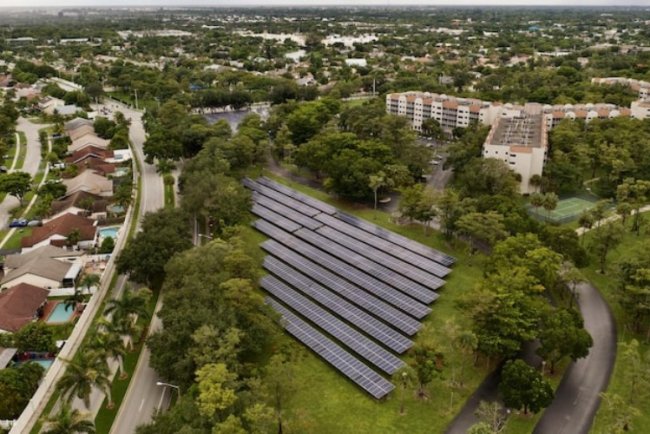Climate Warming And Heat Waves Accelerate Lake Deoxygenation
Study finds climate warming and heat waves are drastically reducing oxygen levels in global lakes.

Freshwater ecosystems worldwide are increasingly threatened by reduced oxygen levels, a new study in Science Advances has discovered. Scientists from the Nanjing Institute of Geography and Limnology of the Chinese Academy of Sciences, in collaboration with Nanjing University and Bangor University in the UK, have presented strong evidence that prolonged climate warming and the strengthening of short-term heat waves are driving the deoxygenation of lakes globally at a much faster rate.
Freshwater bodies like lakes depend on optimal levels of dissolved oxygen (DO) to help support aquatic organisms and keep an ecological balance intact. Yet the research, by Professors Shi Kun and Zhang Yunlin, indicates surface DO levels of lakes have witnessed a staggering two-decade reduction. Their research suggests that 83% of the lakes in the study are experiencing extensive deoxygenation, with lakes losing oxygen more rapidly than oceans and rivers.
Drawing on a vast dataset that encompasses over 15,000 lakes, the scientists used a high-end data-driven model to study DO trends through time. Their findings reveal an alarming trend: oxygen depletion in these lakes and rivers is not only a regional matter but a global process fueled by climatic change. The study's results point to increased temperatures as the key force behind deoxygenation, since climate warming decreases oxygen solubility in water. This one factor alone is responsible for 55% of the overall oxygen loss seen in lakes globally.
Moreover, the research explored the contribution of eutrophication—a phenomenon in which surplus nutrients, mainly due to agricultural runoff and pollution, cause excessive algae growths that burn oxygen upon their breakdown. Although eutrophication is a factor contributing to oxygen loss, it only explains approximately 10% of the overall oxygen loss, supporting the notion that climate change is the prevailing cause of the crisis.
Aside from long-term warming trends, the study also examined the effect of heat waves, which are increasing in frequency and severity over the years. The study showed that heat waves rapidly and negatively affect surface oxygen levels through a 7.7% decrease in DO as opposed to a normal temperature scenario. This is caused by a mix of warming waters and strengthened stratification, whereby the surface waters warm and keep the oxygen-sufficient deeper waters from mixing, further stealing oxygen from aquatic life necessary for its survival.
Decreased oxygen levels pose a major threat to freshwater environments, which could result in large-scale fish kills, changes in aquatic food webs, and loss of biodiversity. Most species that exist under high oxygen conditions risk extinction, and the cascading process might unravel entire ecosystems. The decrease in oxygen could also facilitate the release of toxic compounds, including methane and toxic metals, in lake sediments, thus exacerbating the environmental degradation.
This research is a stark alert to the hastening impacts of climate change on freshwater ecosystems. The results underscore the imperative to develop global mitigation and adaptation efforts to safeguard lakes and their biodiversity. Policymakers, environmental managers, and conservationists have no choice but to act swiftly to lower greenhouse gas emissions, constrain nutrient pollution, and introduce actions to promote lake resilience in the face of increasing temperatures.
If left unchecked, the ongoing deoxygenation of lakes may cause irreparable harm to freshwater ecosystems, endangering not just aquatic species but also the communities and economies that rely on these precious resources.
Source - phys.org
What's Your Reaction?

















